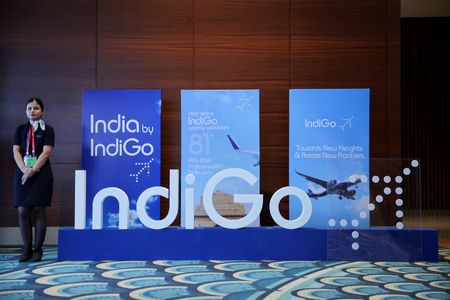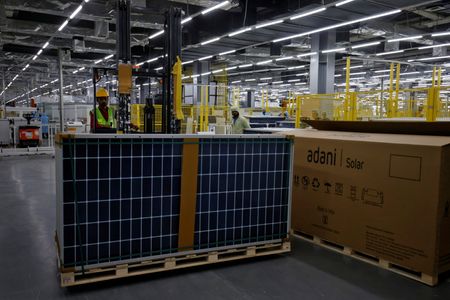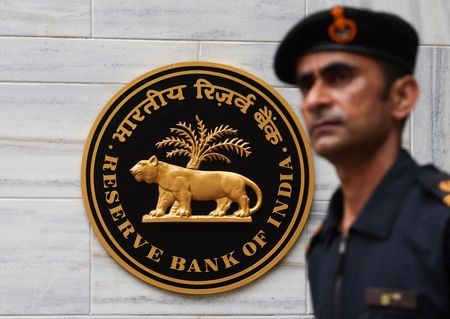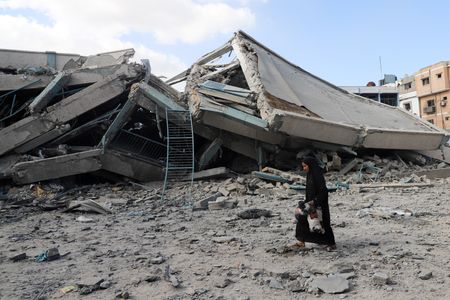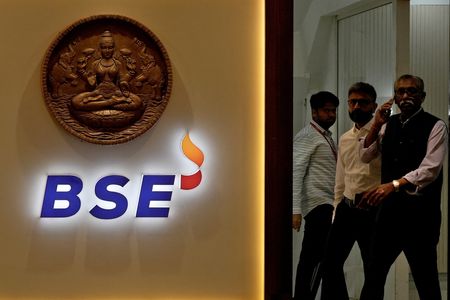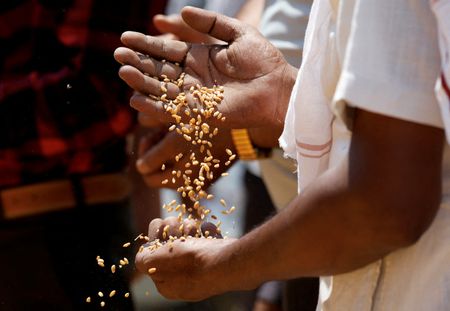By Abhijith Ganapavaram
NEW DELHI (Reuters) -India’s aviation regulator has proposed removing the mandate that airlines can only take planes on lease with crew in emergencies, draft regulations show, in a move that could make it easier for carriers to tide over any aircraft shortages.
The proposed rules could help airlines like India’s biggest carrier IndiGo which has taken two planes with crew on so-called wet lease from Turkish Airlines, allowing it to offer connectivity with flights to Europe and the United States.
The partnership has irked rival Air India, which unsuccessfully lobbied the Indian government to block it, arguing it gives more air traffic to Turkey and hurts India’s aviation sector.
The Directorate General of Civil Aviation (DGCA) regulations had permitted airlines to enter such leases only in emergency situations, such as unexpected grounding of aircraft.
The new draft proposal replaces the word “only” with “normally”, making processing of such requests potentially easier, lawyers said.
“This added flexibility could play a crucial role in easing capacity constraints, especially in light of the limited availability of larger aircraft,” said Lovejeet Singh, a partner at law firm Chandhiok & Mahajan and specialist in aviation laws.
The proposal was posted on DGCA’s website earlier this week but has not previously been reported. It is open for public consultations until October 28.
The DGCA and IndiGo did not respond to Reuters queries on the planned changes in regulations.
IndiGo’s Turkish partnership has faced criticism in India in recent months after Turkey came out in support of Pakistan during the recent India-Pakistan conflict.
While India’s government first said it wouldn’t extend that lease, it changed course in August without giving a reason to let IndiGo continue.
The current DGCA regulations mandate airlines to only lease aircraft from countries where the average industry safety score is above 80%, but the new draft rules said the watchdog can exempt that requirement on a one-time basis.
(Reporting by Abhijith Ganapavaram; Editing by Aditya Kalra; Editing by Ros Russell)

